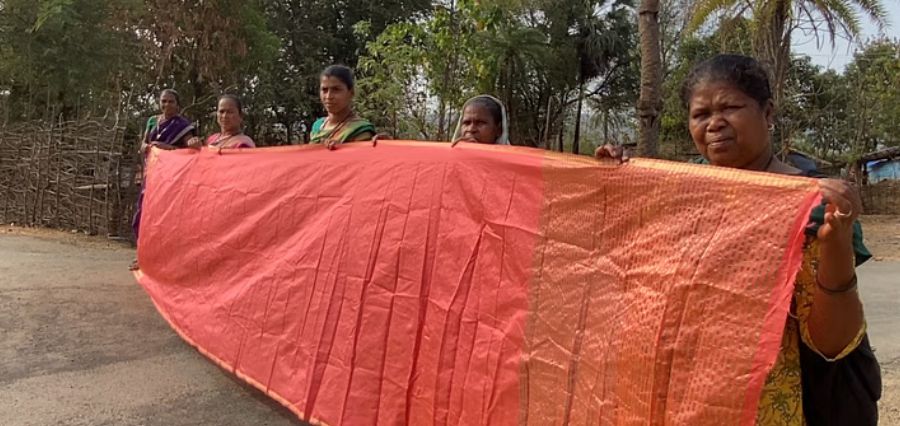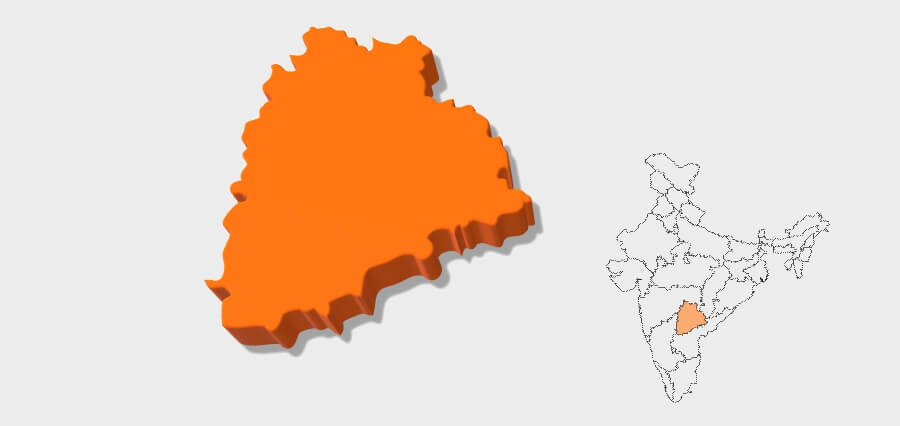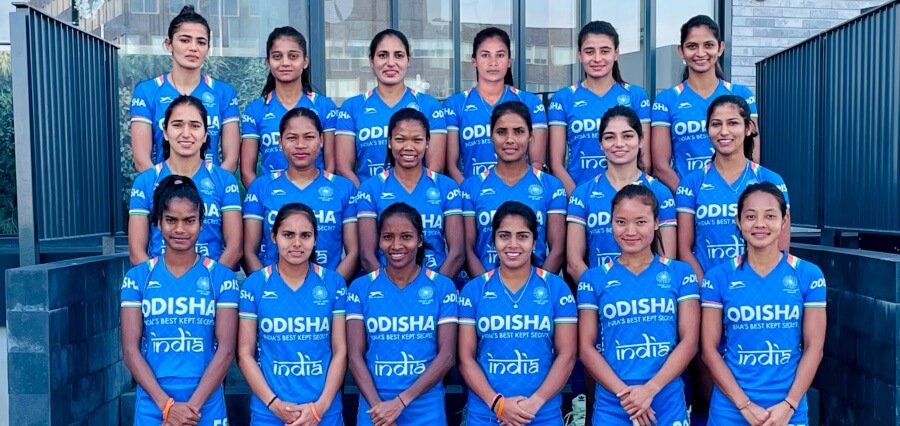“Tribal women in Maharashtra’s Palghar demand basic facilities by emphasizing the need for employment. ‘Give us jobs so we can buy our own sarees,’ they assert. Expressing their self-sufficiency, Ladkubai (52), a local from Vasantwadi village, remarks, ‘If you had provided us with employment, we could have purchased these sarees ourselves. Who is the Modi government to provide us with sarees? We are perfectly capable of purchasing our own clothing. We will acquire better sarees than these. We seek work; we are industrious. We are not idle at home.’ Vasantwadi, a village comprising approximately 250 families, staged a significant but modest rebellion earlier in April.”
Just before the announcement of elections and the activation of the Model Code of Conduct (MCC) on March 16, residents in various villages received bags and sarees from local ration outlets while collecting free food grains under the Centre’s PMGKAY scheme.
Last November, the Maharashtra government initiated a program to distribute free sarees to women holding ‘Antyodaya’ ration cards annually during a government-designated festival until 2028.
On April 3rd and 8th, numerous tribal women from 23 villages in Palghar, under the guidance of social workers and activists, marched to the Jawhar and Dahanu tehsildar offices, returning over 300 sarees and 700 bags.
“Don’t give us freebies, give us jobs, better schools, better roads, and better healthcare is the underlying message of their movement. ‘No Water Supply, No Jobs, What do we Do with Free Sarees?” Villagers questioned the rationale behind getting free sarees and bags while the village lacked the most basic facilities.
Mamta Vattha a22 year old woman said, “We don’t want these sarees and bags. For water, we have wake up at 4 am or 5 am sometimes. There are no lights here, but we still wake up at 4 am to fetch water. Moreover, the roads are bad. You have to walk for at least 30 minutes to the nearest borewell to get water sometimes. We carry two-three pots on our heads, another on the waist. This is the situation. We need taps in every home.” said Mamta Vattha (22).





